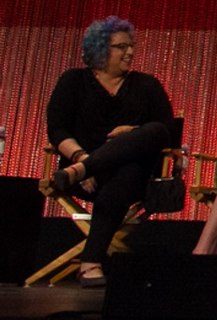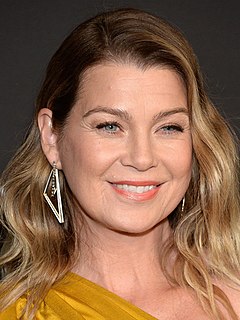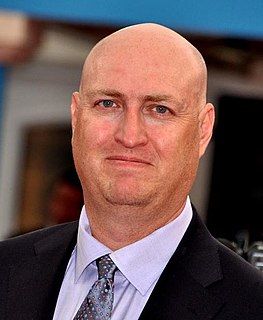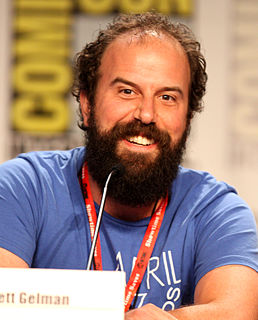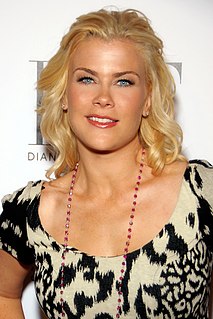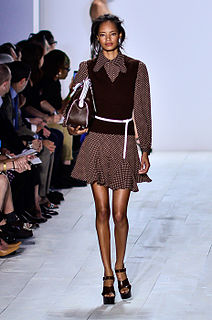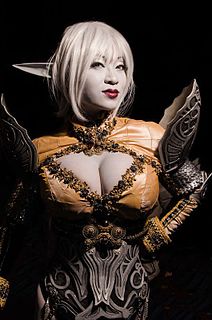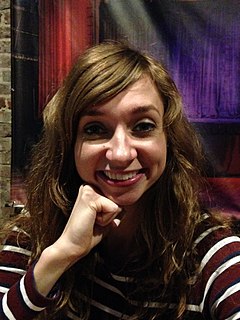A Quote by Tatiana Maslany
Some of my favorite shows are ones where the characters are vile and human and flawed. That's what makes me want to keep watching a show, not writers telling me how to feel about characters.
Related Quotes
When writers are self-conscious about themselves as writers they often keep a great distance from their characters, sounding as if they were writing encyclopedia entries instead of stories. Their hesitancy about physical and psychological intimacy can be a barrier to vital fiction. Conversely, a narration that makes readers hear the characters' heavy breathing and smell their emotional anguish diminishes distance. Readers feel so close to the characters that, for those magical moments, they become those characters.
People often ask me if I feel discriminated against as a black female director. I don't. I'm actually offered a ton of stuff. But I only want to direct what I write. And I prefer to focus on black female characters. What's most important to me is to put characters up onscreen who are not perfect, but who are human and flawed.
Nothing makes me happier than to have a smart person tell me why the show is smart, especially if I didn't intend that. I tend to be a very instinctual writer, and I don't plot shows out like, "This is my thesis and this is how I'm going to subtly sneak my thesis into this episode." I just approach it from, "We know these characters well, here are the situations that they're in, now how would they behave? What would the consequences be?" And it's always fun to see how people interpret that and dissect it afterward, and make me and the other writers seem probably smarter than we really are.
For the camera, I like the feeling of changing into different characters. Even though I'm not acting, I still have to be someone different to show the product. If I'm not being someone different, I won't find it fun. I love the shows because it transforms you into a different person. Not Malaika - it makes me someone else. Naturally, I'm quiet and crazy. But when they give me an outfit, like a very elegant outfit, it transforms me into this beautiful woman - I can feel it inside me. I like that, playing different characters. I'm really interested in acting.
The first thing, when I read the script, is that I need to care about what happens and feel compelled by the story and engaged by the characters. It needs to resonate with me, even if what the characters are going through is not something that I have experienced in my life. I have to feel like it has some sort of meaning to me.
I see this with experienced writers, too: They worry so much about the plot that they lose sight of the characters. They lose sight of why they are telling the story. They don't let the characters actually speak. Characters will start to dictate the story in sometimes surprising, emotional, and funny ways. If the writers are not open to those surprises, they're going to strangle the life, spark, or spirit out of their work.
I think at some level, it's just alchemy that we, as writers, can't explain when we write the characters. I don't set out to create the characters - they're not, to me, collections of quirks that I can put together. I discover the characters, instead. I usually go through a standard set of interview questions with the character in the beginning and ask the vital stuff: What's important to you? What do you love? Hate? Fear? .. and then I know where to start. But the characters just grow on their own, at a certain point. And start surprising me.
I love creating characters that are ridiculous and flawed. To me, the most important thing about comedy is the joy it can bring to the performers and the audience alike. I love making people laugh and not over-thinking things. Some of my favorite moments are when I am doing an improv scene with friends, and I can't stop laughing during it.



